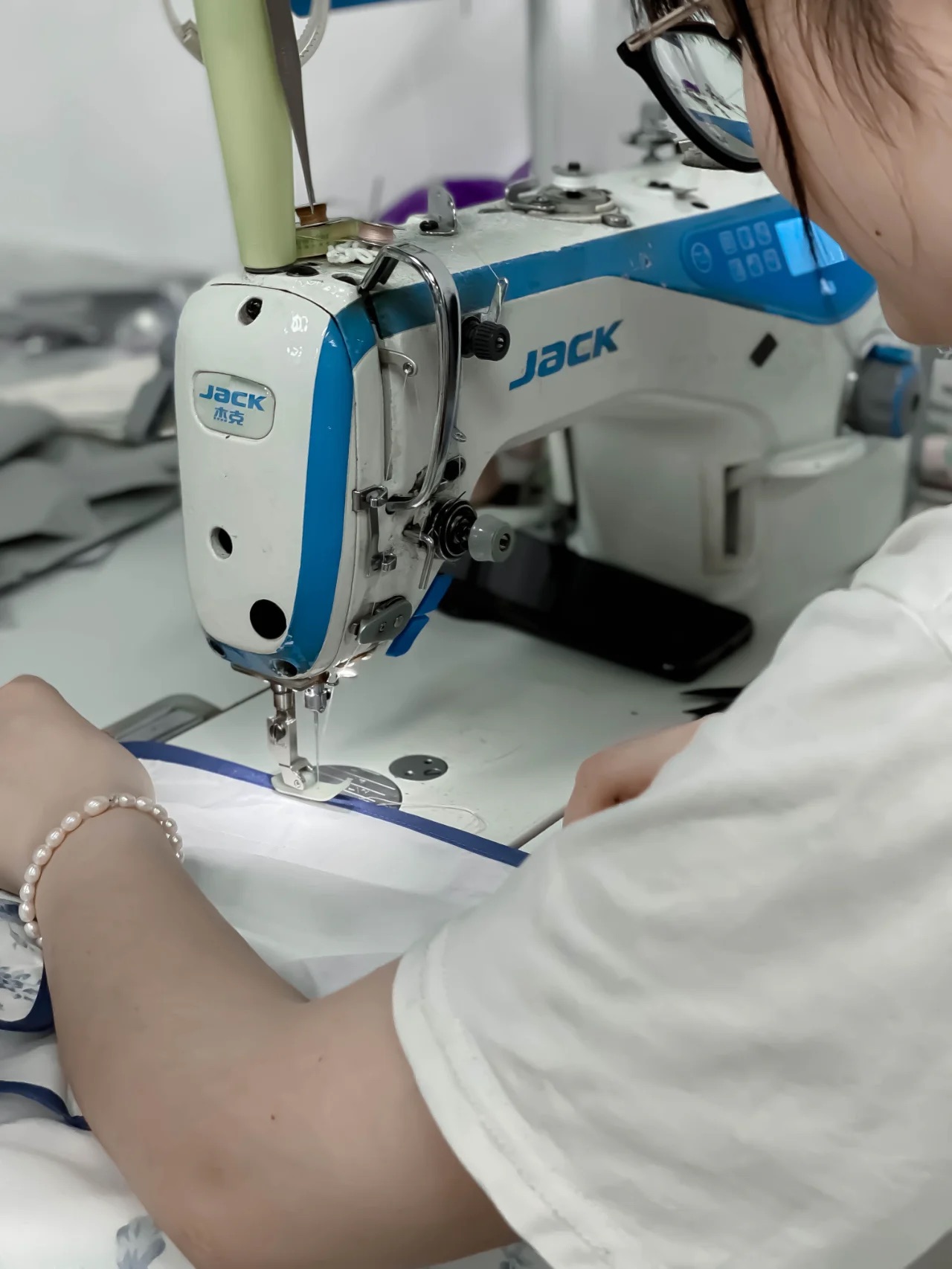Wecome to penguin.
Wecome to penguin.

Custom clothing minimizes waste by producing garments only when there is demand. Unlike mass production, which often leads to overstocking and unsold inventory, custom clothing is made-to-order, reducing the need for excess production and the associated waste of materials and resources.
Many custom clothing brands prioritize the use of sustainable and eco-friendly materials in their production processes. From organic cotton and bamboo to recycled polyester and hemp, these materials minimize the environmental footprint of custom clothing by reducing reliance on resource-intensive and environmentally damaging fabrics.

Custom clothing tends to be of higher quality, with a focus on craftsmanship and durability. By investing in well-made garments that fit perfectly and withstand the test of time, consumers are less likely to discard them quickly, thus reducing the amount of clothing ending up in landfills.
Unlike fast fashion brands that rely on global supply chains and long-distance shipping, custom clothing often involves local production and distribution. By sourcing materials locally and producing garments in close proximity to the consumer, custom clothing reduces the carbon footprint associated with transportation and logistics.
Custom clothing allows consumers to express their individuality through unique designs and styles. By valuing personalized garments over mass-produced trends, consumers are less likely to succumb to fast fashion's disposable mentality, thereby reducing the demand for constantly changing clothing styles and minimizing the environmental impact of fashion cycles.
Custom clothing encourages a shift towards more conscious consumption habits. By investing in garments that are made to last and reflect personal style preferences, consumers are less inclined to participate in the cycle of excessive consumption and disposal that characterizes fast fashion culture.
Custom clothing offers a promising solution to the environmental challenges posed by the fashion industry. By prioritizing sustainability, quality, and individuality, custom clothing brands are paving the way for a more environmentally conscious approach to fashion consumption. As consumers become increasingly aware of the environmental impact of their clothing choices, custom clothing presents an opportunity to align personal style with environmental values, ultimately contributing to a more sustainable future for the fashion industry and the planet as a whole.